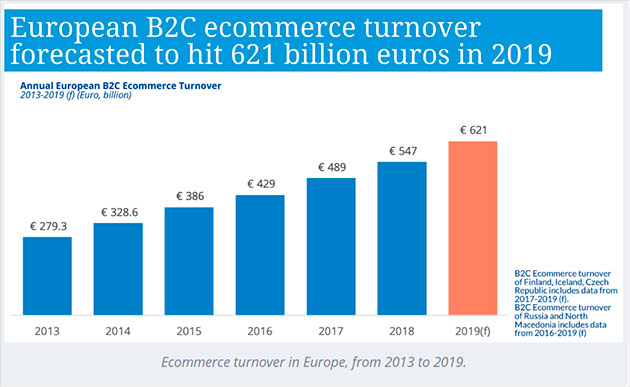The world of investing is constantly evolving, with new opportunities arising in various industries. One such industry that has experienced explosive growth in recent years is ecommerce. As more consumers turn to online shopping, savvy investors are recognizing the immense potential for profitable investments in this sector.
Understanding the Different Types of Ecommerce Investments
Ecommerce offers various investment opportunities for those looking to tap into the digital market. Traditional giants like Amazon and Alibaba dominate the industry, with Amazon’s innovation and exceptional customer service propelling them to unparalleled success.
Alibaba has revolutionized ecommerce in China by connecting buyers and sellers through platforms like Taobao and Tmall.
Niche platforms like Shopify and Etsy have carved out their own spaces by targeting specific audiences. Shopify is a leading ecommerce platform for small businesses, providing user-friendly tools to create online stores. Etsy caters to artisans and craft enthusiasts seeking unique handmade products.
Emerging trends include direct-to-consumer (D2C) brands that sell directly to consumers, cutting out middlemen. These brands leverage social media marketing, influencer partnerships, and exceptional customer experiences to gain a loyal customer base.
Subscription-based services like HelloFresh and Birchbox offer convenience and personalized experiences that foster customer loyalty.
Understanding the different types of ecommerce investments is crucial for those looking to thrive in this ever-evolving industry. From established giants to niche platforms and emerging trends, there are plenty of opportunities for success in the digital marketplace.
Factors to Consider When Evaluating Ecommerce Investments
When evaluating ecommerce investments, there are key factors to consider. Analyzing market size and growth potential helps identify opportunities for expansion. Assessing the competitive landscape, including established players and emerging startups, allows for strategic planning.
Understanding customer behavior and preferences helps tailor marketing strategies. Evaluating technological infrastructure ensures seamless operations. Navigating regulatory compliance mitigates risks. Assessing financial viability determines long-term sustainability.
Considering these factors enables informed decision-making in ecommerce investments.
Mitigating Risks in Ecommerce Investments
When investing in ecommerce, it’s essential to address the potential risks involved. By understanding and mitigating these risks, investors can increase their chances of success. Here are key areas to consider:
Technological disruption: Invest in companies that embrace innovation and adapt to changing customer preferences. Staying ahead of the curve technologically provides a competitive edge.
Regulatory challenges: Navigate complex legal frameworks by staying informed about policies and regulations that may impact investments. Adapt strategies accordingly.
Supply chain and logistics: Evaluate investments based on scalability and ability to meet customer demands. Robust logistics systems ensure long-term success.
Building customer trust and safeguarding cybersecurity are also crucial factors to consider for successful ecommerce investments. By addressing these risks, investors can position themselves for growth in this dynamic industry.
Building a Diversified Ecommerce Investment Portfolio
To mitigate risks and maximize returns, it’s wise to build a diversified ecommerce investment portfolio. By allocating funds across different types of ecommerce investments, investors can balance returns and reduce exposure to any single company or sector.
Regularly reviewing and rebalancing the portfolio helps adapt to market changes and optimize performance. Diversification spreads out risk, protecting against downturns in specific segments. Tracking performance metrics and staying abreast of industry trends allows informed decision-making for retaining or divesting investments.
Building a diversified ecommerce investment portfolio is essential for managing risk and optimizing returns in this dynamic sector.
Expert Insights: Tips from Successful Ecommerce Investors
To gain insights into successful ecommerce investing, we spoke with seasoned investors who have achieved significant returns in this field. These experts shared key takeaways and strategies to guide aspiring investors towards success.
Thorough research and due diligence are crucial before making any investment. Analyzing market trends, identifying niche markets, and understanding consumer behavior patterns are essential for long-term success.
Building a strong team of professionals with complementary skills is vital. From tech-savvy individuals to marketing specialists, having the right team can enhance your chances of success.
Diversification helps mitigate risks. Spreading investments across multiple ventures or sectors within ecommerce allows for exposure to various opportunities that may arise.
Adaptability and agility are essential in the rapidly changing digital landscape. Embrace new technologies and continuously optimize strategies based on emerging trends.
These expert insights provide a roadmap for aspiring ecommerce investors to navigate the dynamic world of ecommerce successfully.
Conclusion: Making Smart Ecommerce Investments for Long-Term Success
[lyte id=’gNRGkMeITVU’]





